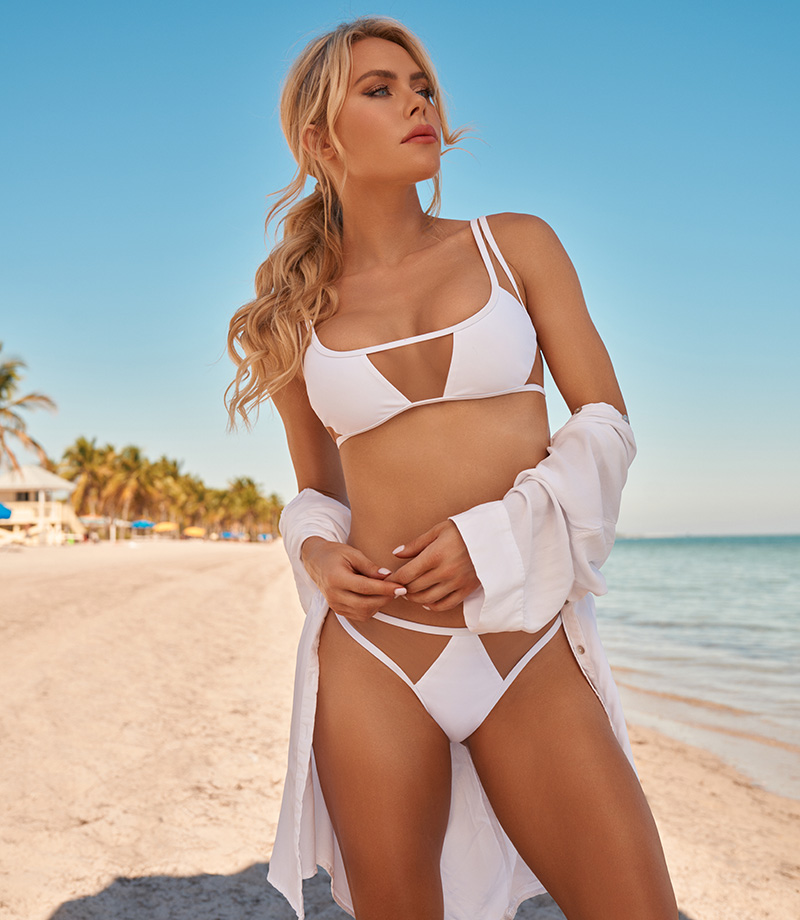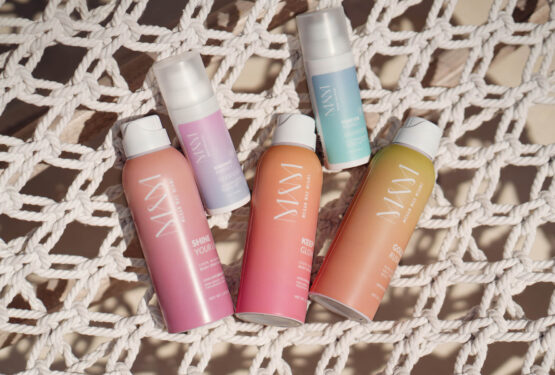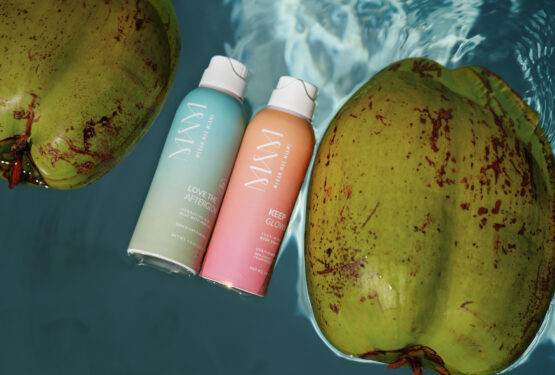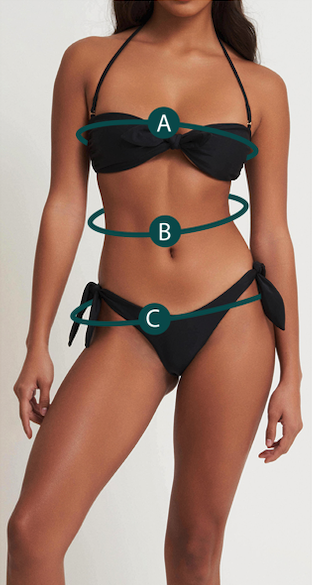
Picture this: you’re lounging on a sun-drenched beach, the waves gently lapping at your feet, the sky a brilliant blue. It’s the perfect day, and you’ve come prepared with your sunscreen — but is it the right kind? In a world where our oceans are as much a part of us as the land we live on, understanding the impact of what we bring into these waters is crucial. This is where the concept of reef-friendly sunscreen comes into the spotlight.
Here at Megan Mae Miami®, we’re not just about creating exquisite swimwear; we’re about creating a lifestyle that harmonizes bold luxury with a deep reverence for our oceans. Let’s dive into the world of reef-safe sunscreen, exploring what it is and why it’s so important for beach lovers everywhere.
The Dilemma Under the Sun
Sunscreen is a non-negotiable part of our exciting outdoor adventures, especially for those who love the sea. We slather it on to protect our skin from harmful UV rays, but seldom do we pause to consider what happens when these sunscreens wash off our bodies into the ocean. The truth is not all sunscreens are created equal, especially in the eyes of our marine ecosystems.
Unveiling the Secret: What Makes Sunscreen Reef-Friendly?
So what is reef-safe sunscreen? Unlike traditional sunscreens, it’s free from chemicals like oxybenzone and octinoxate. These chemicals are known for their harmful effects on marine life, particularly coral reefs. Ocean-friendly sunscreen is more than just a label; it’s a commitment to ocean conservation.
When we swim in the ocean, these chemicals wash off our skin and start a chain reaction of damage to these delicate ecosystems. Reef-friendly sunscreens use minerals like zinc oxide or titanium dioxide, which provide effective sun protection without the environmental cost.
Coral Reefs: The Ocean’s Lifeline
Now that we understand what reef-safe sunscreen is let’s explore why coral reefs themselves are so important to protect. These vibrant underwater cities are far more than just a beautiful backdrop for snorkeling and diving.
Coral reefs are often referred to as the rainforests of the sea. They are biodiversity hotspots, home to a myriad of marine species. Reefs protect coastlines from storms and erosion, support fishing industries, and are a treasure trove for medical research. However, these incredible ecosystems are in peril, threatened by climate change, pollution, and harmful chemicals from non-reef-friendly sunscreen.
The Ripple Effect: From Our Skin to the Ocean Depths
The impact of our sunscreen choices extends far beyond our skin, creating ripples that reach the very depths of the ocean. This ripple effect illustrates the interconnectedness of our actions and the health of marine ecosystems. Here’s how this seemingly small choice can make a big difference.
Direct Impact on Marine Life:
Chemicals in non-reef-friendly sunscreens, such as oxybenzone and octinoxate, don’t just vanish; they persist in the water. When these chemicals enter the ocean, they can be toxic to marine life, particularly to coral reefs. They contribute to coral bleaching, a process where corals lose their vibrant colors and essential life-giving algae, leading to their death. This, in turn, affects the entire marine food chain.
The Chain Reaction in the Ecosystem:
Coral reefs are known as the rainforests of the sea for a good reason. They are home to a quarter of all marine species. When corals are damaged, the entire ecosystem suffers. This loss affects fish populations, which rely on reefs for food and shelter, and in turn, impacts larger marine animals up the food chain, including those that humans rely on for food.
Safeguarding Biodiversity:
By choosing reef-safe sunscreen and understanding what it is, we contribute to the preservation of marine biodiversity. Healthy reefs support a diverse array of marine life, from tiny plankton to large fish and mammals. This biodiversity is important not only for the health of the oceans but for the well-being of our planet as a whole.
A Positive Cycle of Conservation:
Choosing reef-friendly sunscreen starts a positive cycle of conservation. As more people make environmentally conscious choices, it encourages manufacturers to develop and promote safer products. This shift in consumer behavior can lead to larger-scale environmental policies and initiatives, creating a broader impact on ocean conservation.
Join the Wave of Change with Megan Mae Miami®
Choosing reef-friendly sunscreen is a small but significant step you can take to join us in our mission. As you ride the waves in our luxurious, eco-conscious swimwear, remember that you’re part of a movement that values not only style and comfort but also the health of our planet. Together, we can make a difference, one bikini and one sunscreen choice at a time.
Shop our sustainable swimwear with free shipping on all U.S. orders, and use your reef-friendly sunscreen as the ultimate accessory. Ride on a new wave of confidence with Megan Mae Miami® – where every splash is a step towards preserving the oceans we adore.








